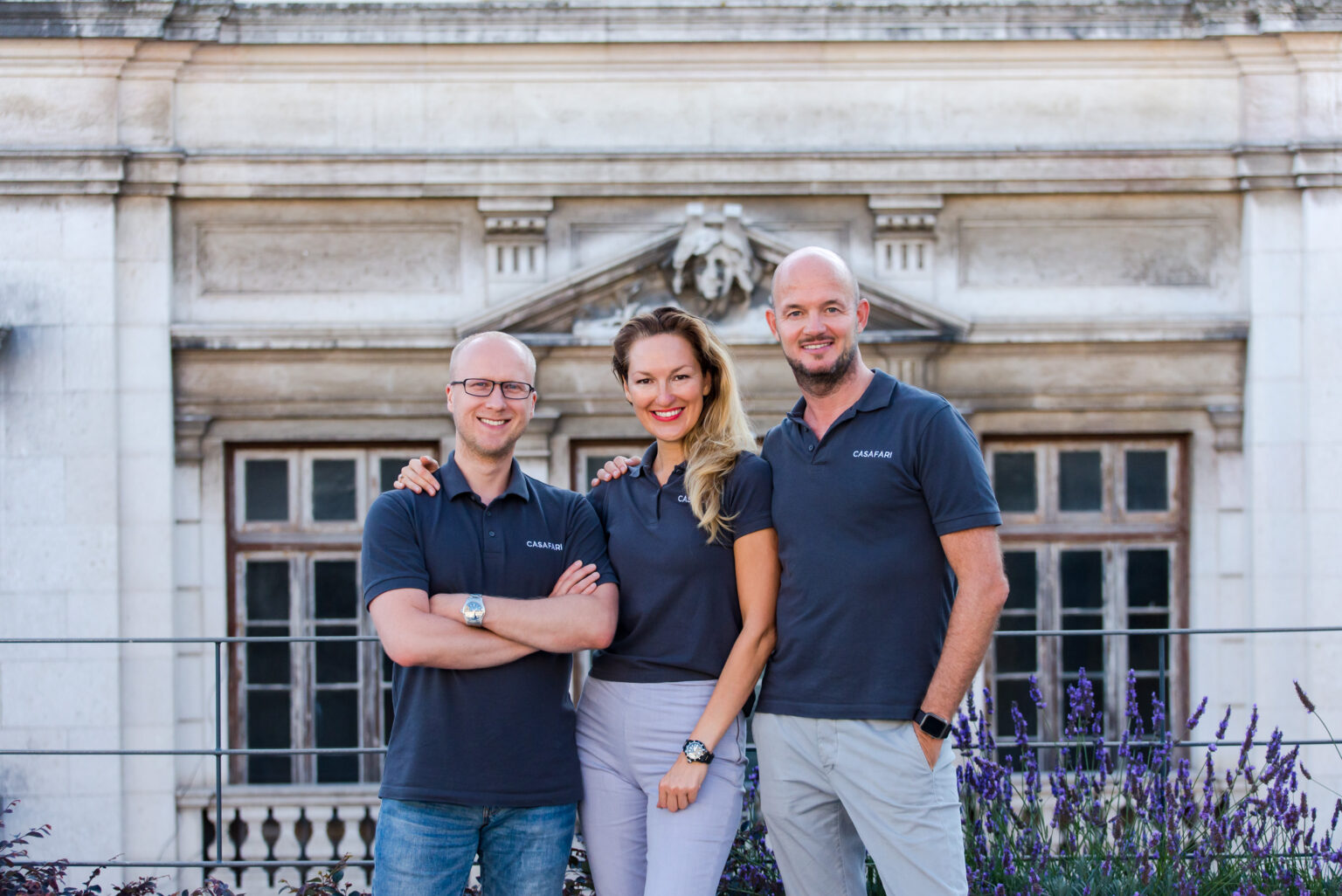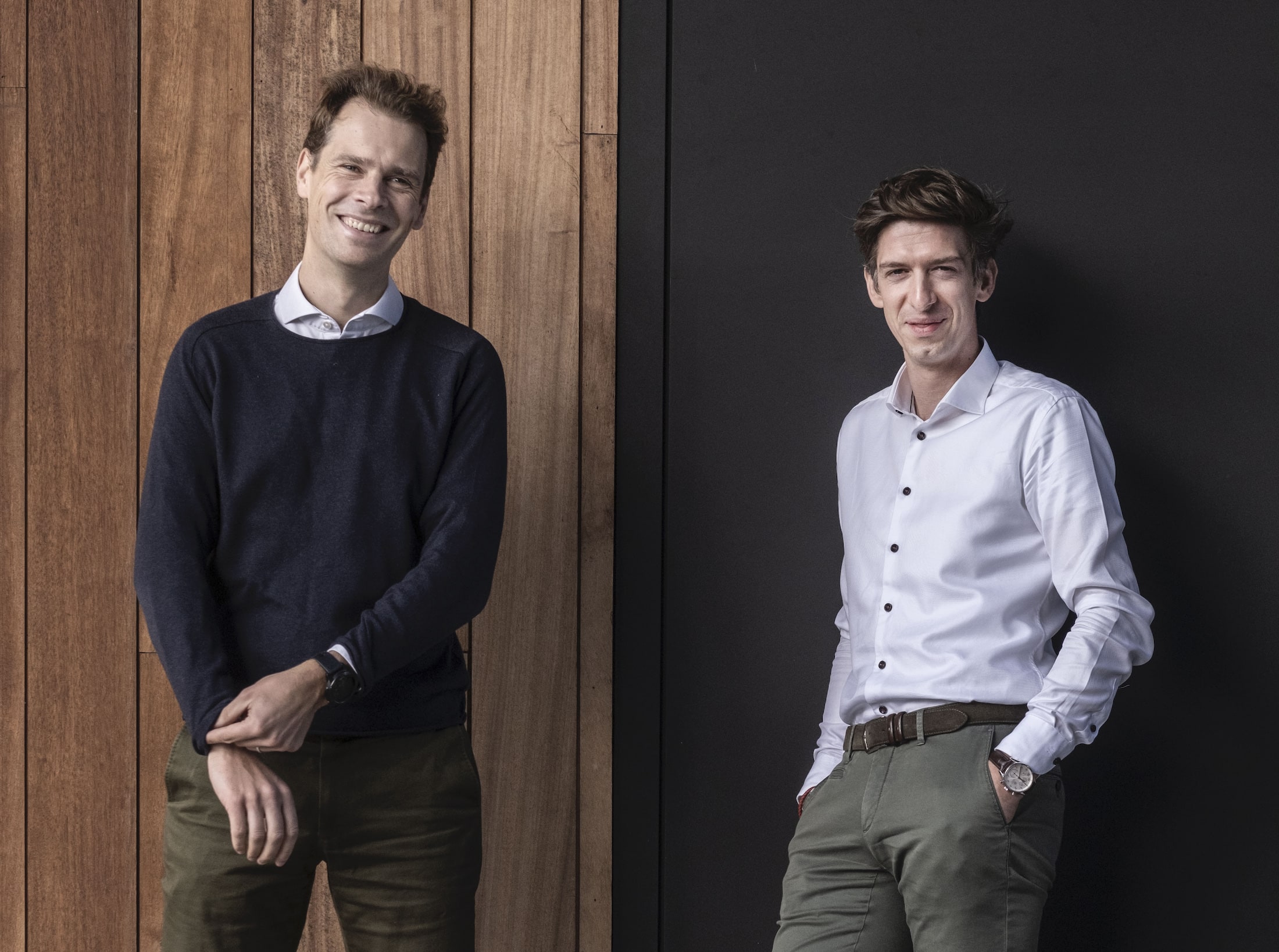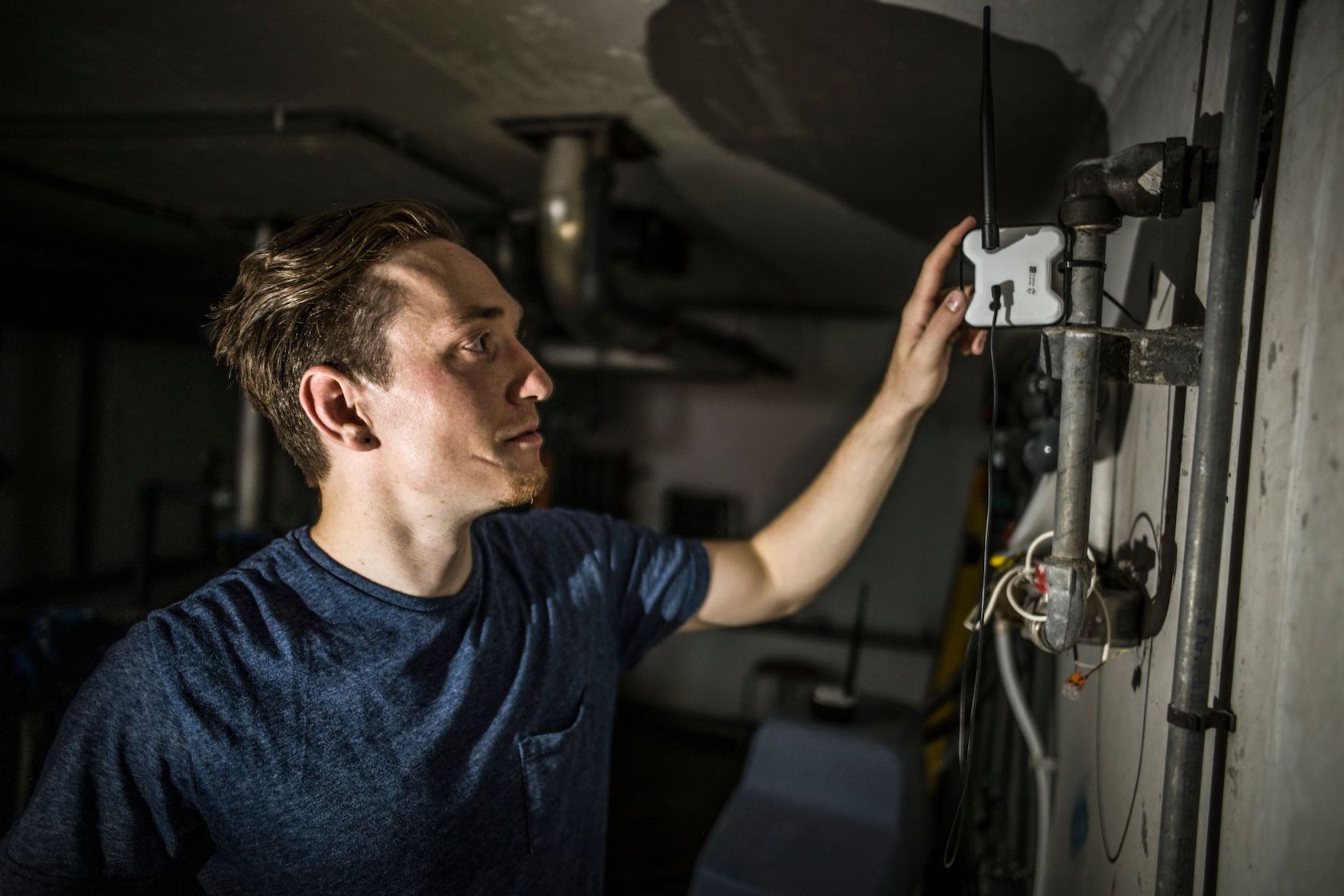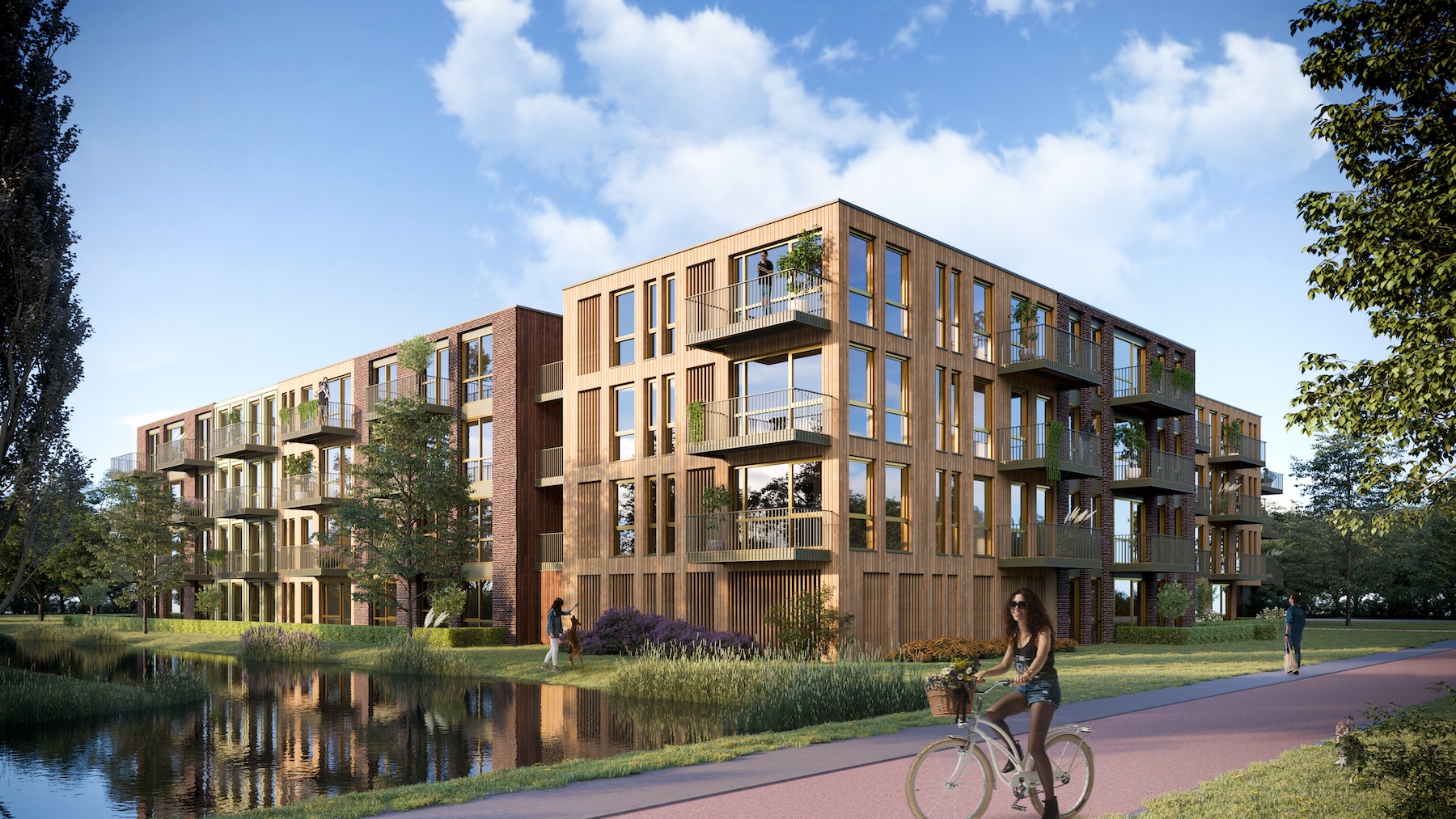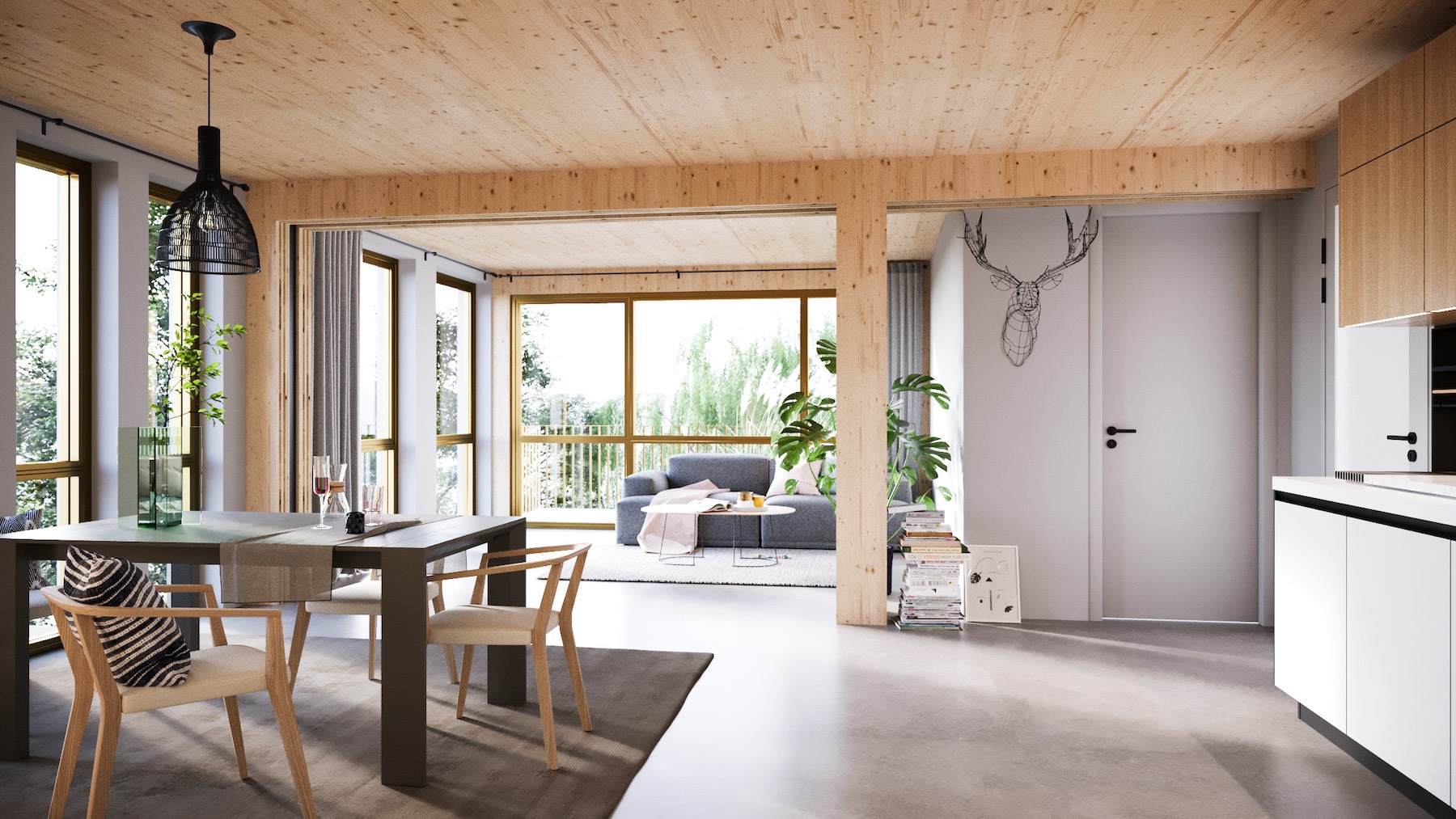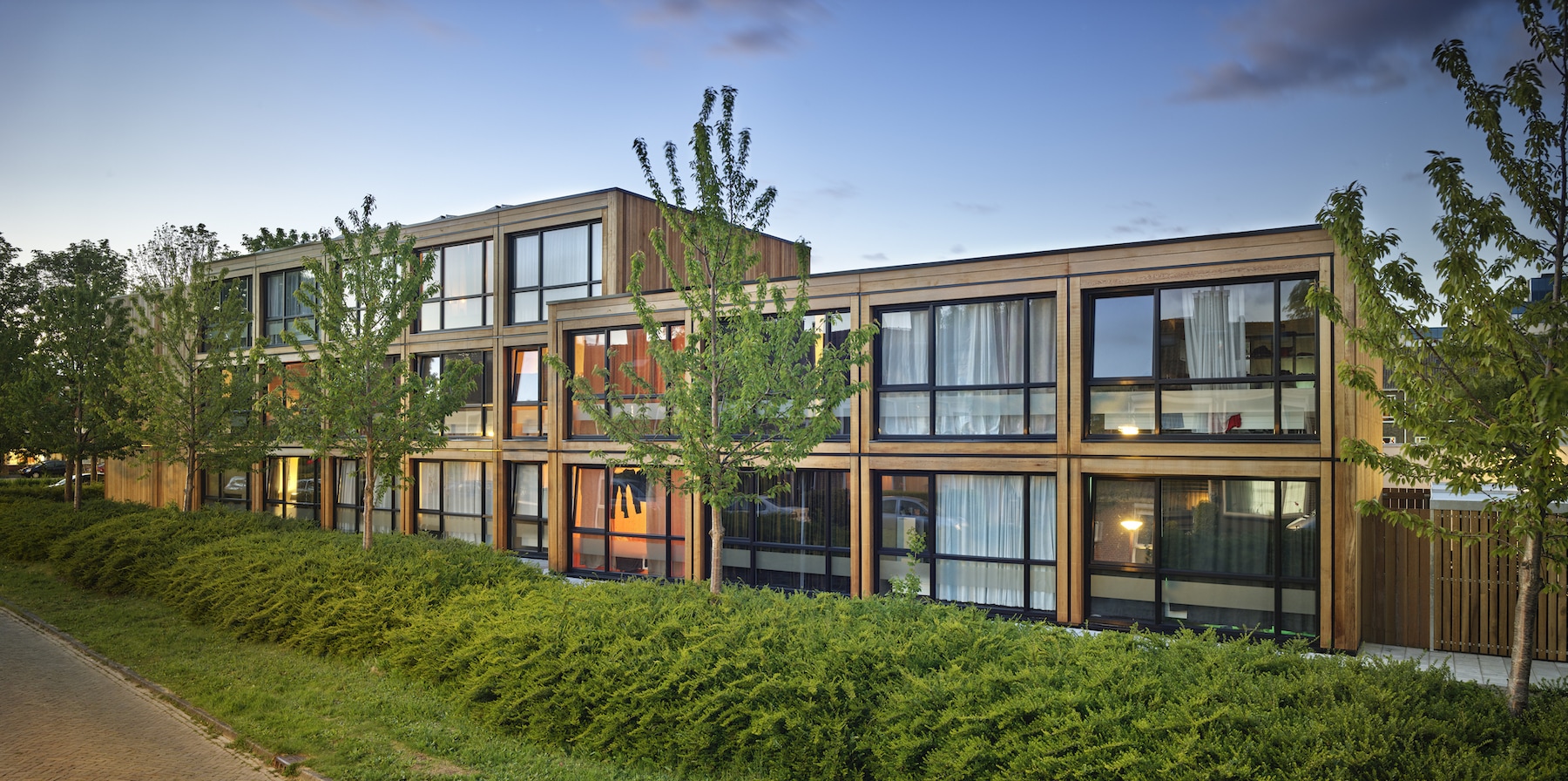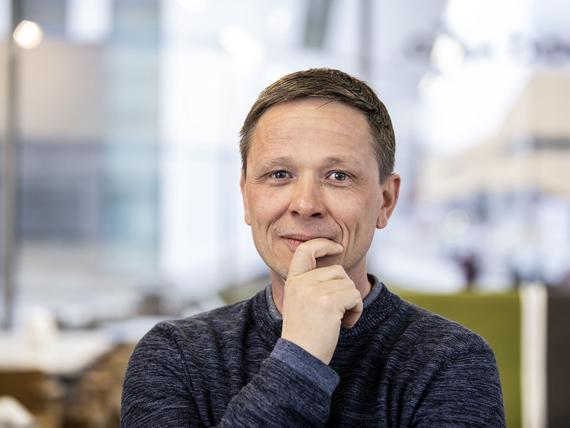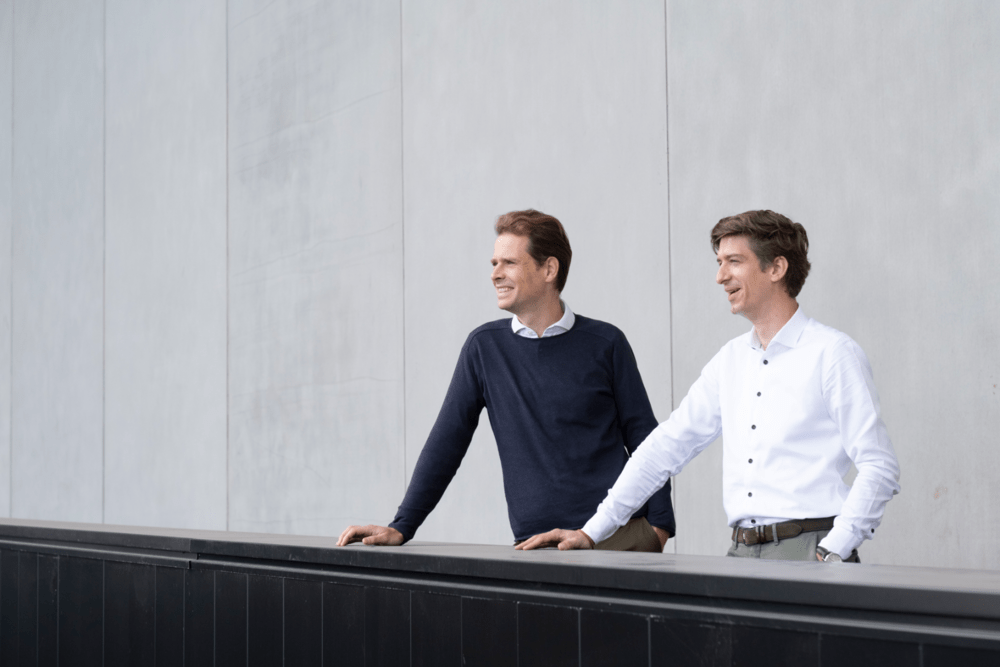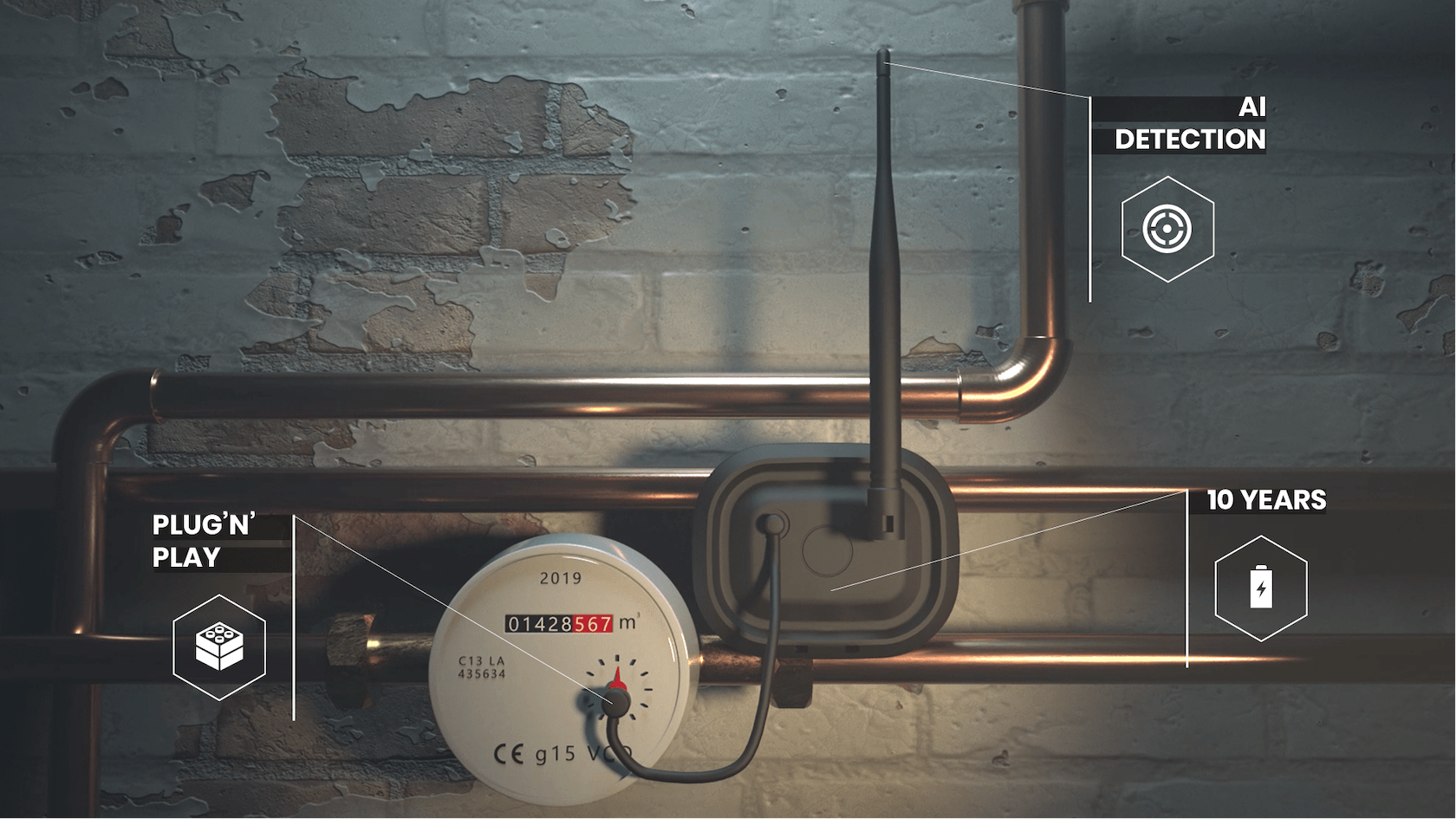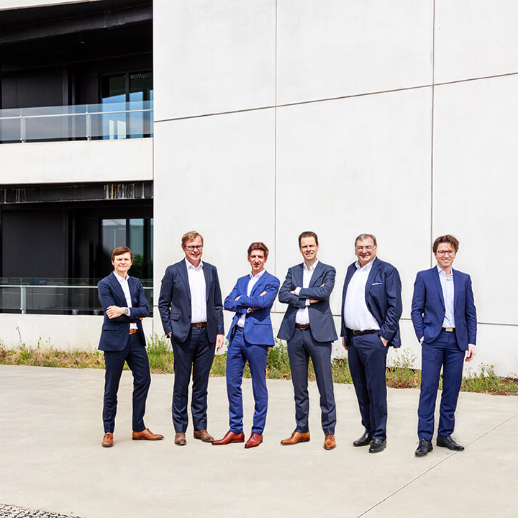CASAFARI, Europe’s largest independent real estate network connecting more than 15,000 real estate professionals to 95 million property listings, has secured $120 million to build a portfolio of residential and commercial real estate on behalf of European institutional investors. Alongside this major transaction, it has secured a $15 million Series A investment led by Prudence Holdings, the New York-based VC firm.
Lisbon, 7 July 2021. CASAFARI, the leading real estate data platform in Europe, has secured a $120 million mandate from private equity investors, such as Geneva based investment group Stoneweg, to be deployed in a buy-to-let strategy targeting the acquisition of fragmented units in residential and commercial real estate. Additionally, the Company has also raised a $15 million Series A equity investment led by Prudence Holdings, the established New-York based VC behind Compass, Blockchain.com, Uber and Spotify.
With operations in Portugal, Spain, France, and Italy, the company founded by Mila Suharev, Nils Henning and Mitya Moskalchuk in 2018, has grown exponentially to serve 1,500 clients and 15,000 professionals supported by 90 employees of 24 nationalities.
According to Gavin Mayers, Prudence Holdings co-founder, “in Europe, as in most non-U.S. geographies, real estate data has never been structured and organized due to the lack of a unified Multiple Listings Service (“MLS”). CASAFARI has taken on the role of aggregating, verifying and distributing this data to key industry participants, providing a continental single source of truth for property and transaction data. Through its innovative technology, leveraging AI and machine learning, we believe its unique data and products will unlock single-family homes as an asset class to institutional investors. We see a tremendous opportunity for Europe to follow the example of the US, where institutional investment in fragmented properties has scaled from nearly $0 to $40 billion in ten years.”
Also joining the equity round are prominent investors, including Armilar Venture Partners (leading Portuguese VC behind unicorns Outsystems and Feedzai), Amavi Capital (pan-European Proptech fund) HJM Holdings, 1Sharpe (founders of Roofstock) and FJ Labs (Fabrice Grinda, founder of OLX Group), as well as existing investor Lakestar.
This isn’t just another data aggregator – it’s an entire operating system that powers real estate agents in real-time, removing asymmetry of knowledge, accelerating transactions and opening up new opportunities for iBuyers, property developers, investors and Q-commerce operators and beyond to reach their investment objectives.” says Stephen Nundy, partner at Lakestar.
“We started CASAFARI with a mission to organise the real estate market into an efficient data-powered ecosystem to enable and accelerate deals through a transparent and safe B2B platform”, says Mila Suharev, CASAFARI’s Co-CEO and CPO. “This capital raise will help us execute on our planned expansion into Germany, Austria, Switzerland and the UK, establishing ourselves as a dominant pan-European network of real estate professionals.”
According to Nils Henning, CEO, “CASAFARI has built a unique ecosystem, which connects brokers, developers, asset managers and investors and enables sourcing, valuation, underwriting and deal collaboration on single units in all asset classes. We are very excited to represent important institutional clients like Stoneweg and others, in deploying their capital into fragmented acquisitions at scale, bringing more liquidity to the market and generating more transactions to the broker clients of our platform.”
About CASAFARI:
CASAFARI, Europe’s first independent cross-border real estate network, connects more than 15,000 real estate professionals through MLS functions and a clean and complete real estate database covering all asset classes in Spain, Italy, France and Portugal, CASAFARI developed custom applications such as a metasearch, comparative market analysis, market analytics, and daily data feed. The company has a proprietary machine learning technology and extensive data operations to automatically index, clean, classify and match duplicates of millions of property listings from thousands of websites in different languages. Since launching in 2018, CASAFARI has won major clients from brands such as Sotheby’s International Realty, Coldwell Banker, RE/MAX franchises, Savills, Fine & Country, Engel & Voelkers, Keller Williams and important institutional investors and developers like Stoneweg, Kronos, Vanguard and Vic Properties.
About Prudence Holdings:
Prudence is a leading early-stage investment firm based in New York, focused on finding innovative technology companies at the intersection of real estate and financial services. The firm gets involved early, partnering with experienced and visionary entrepreneurs, and helps to guide companies from venture to growth stage and through exit. Founded in 2010, Prudence has deployed over $100mm into over 25 companies including investments in industry-leaders such as Compass, Blockchain.com, CREXi, Sundae, Morty, Properly and Maxwell. For more information on Prudence, please visit prudenceholdings.com.
About Lakestar:
Lakestar is one of Europe’s leading venture capital firms investing in technology companies led by exceptional entrepreneurs. The team’s early investments included Skype, Spotify, Facebook and airbnb. Since raising a first fund in 2013, Lakestar manages an aggregated volume of over EUR 1bn across three early stage funds, and more recently a growth fund. The company has expanded and broadened its portfolio and holds investments in the likes of Opendoor, Oscar, GYG, Glovo, Sennder, Eigen, FiveAI, Revolut and Hometogo to name a few. Lakestar has presence in Berlin, Zurich and London. Lakestar helps companies to identify new markets and expand into them rapidly, with a focus on the US and Europe. The team advises and supports portfolio companies in business development, recruitment, technology and marketing. The investments range from early stage companies to those in their growth stage. Visit us on LinkedIn and our website.
About Armilar Venture Partners:
Armilar Venture Partners is Portugal’s leading VC funds manager. An independent VC with a history of more than 20 years, a high-performance track record and an international footprint, Armilar is a deep-tech investor, with a focus on early-stage technology-based companies where data, digitisation and connectivity play a central role. Currently, Armilar’s funds under management amount to about €260 million, deployed typically as lead investor in seed to early-stage deals in companies in Portugal, Europe and the USA. For more information please visit www.armilar.com.
The Armilar Venture Partners TechTransfer Fund is supported by InnovFin Equity, with the financial backing of the European Union under Horizon 2020 Financial Instruments and the European Fund for Strategic Investments (EFSI) set up under the Investment Plan for Europe. The purpose of EFSI is to help support financing and implementing productive investments in the European Union and to ensure increased access to financing. The fund is also co-financed by Fundo de Capital e Quase Capital (FC&QC), managed by Banco Português de Fomento, S.A.
